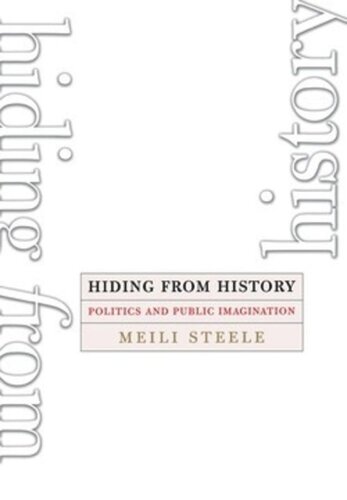

Most ebook files are in PDF format, so you can easily read them using various software such as Foxit Reader or directly on the Google Chrome browser.
Some ebook files are released by publishers in other formats such as .awz, .mobi, .epub, .fb2, etc. You may need to install specific software to read these formats on mobile/PC, such as Calibre.
Please read the tutorial at this link: https://ebookbell.com/faq
We offer FREE conversion to the popular formats you request; however, this may take some time. Therefore, right after payment, please email us, and we will try to provide the service as quickly as possible.
For some exceptional file formats or broken links (if any), please refrain from opening any disputes. Instead, email us first, and we will try to assist within a maximum of 6 hours.
EbookBell Team

0.0
0 reviewsIn Hiding from History, Meili Steele challenges an assumption at the heart of current debates in political, literary, historical, and cultural theory: that it is impossible to reason through history. Steele believes that two influential schools of contemporary thought "hide from history": liberal philosophies of public reason as espoused by such figures as Jürgen Habermas, Martha Nussbaum, and John Rawls and structuralism/poststructuralism as practiced by Judith Butler, Hayden White, and Michel Foucault. For Steele, public reasoning cannot be easily divorced from either the historical imagination in general or the specific legacies that shape, and often haunt, political communities.Steele introduces the concept of public imagination—concepts, images, stories, symbols, and practices of a culture—to show how the imaginative social space that citizens inhabit can be a place for political discourse and debate. Steele engages with a wide range of thinkers and their works, as well as historical events: debates over the display of the Confederate flag in public places; Ralph Ellison's exchange with Hannah Arendt over school desegregation in Little Rock; the controversy surrounding Daniel Goldhagen's book, Hitler's Willing Executioners; and arguments about the concept of a "clash of civilizations" as expressed by Samuel Huntington, Ashis Nandy, Edward Said, and Amartya Sen. Championing history and literature's capacity to articulate the politics of public imagination, Hiding from History boldly outlines new territory for literary and political theory.